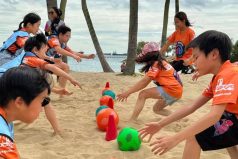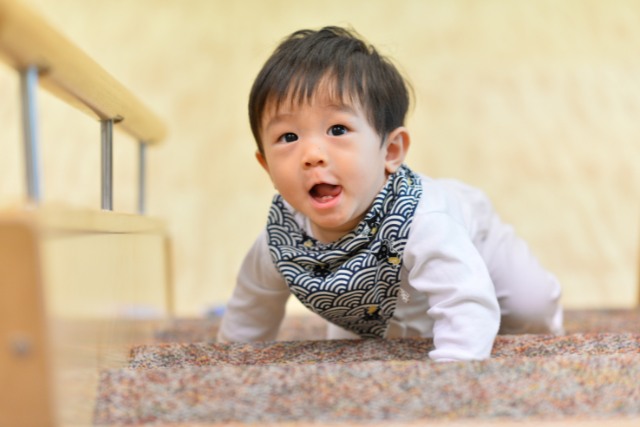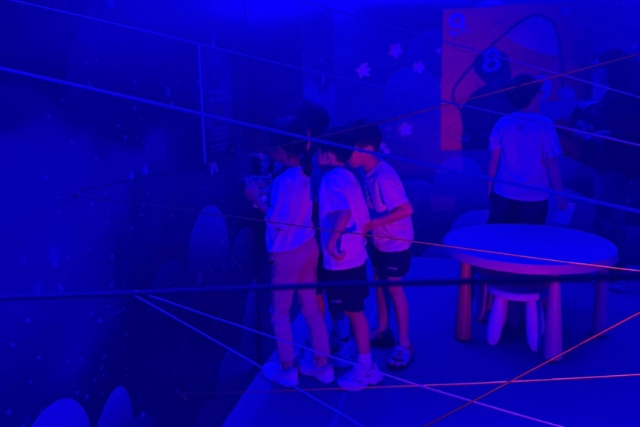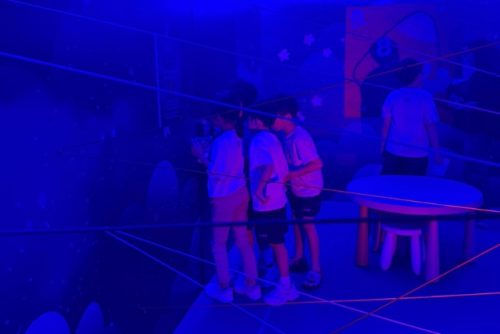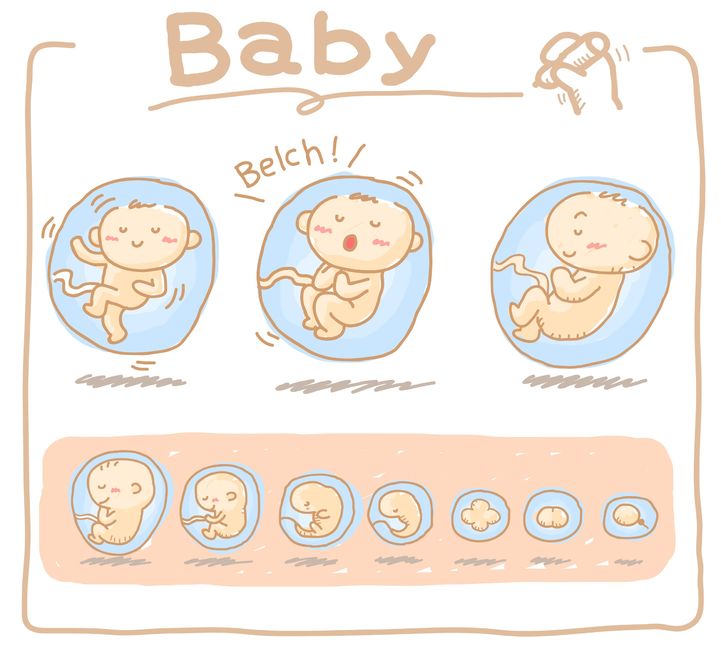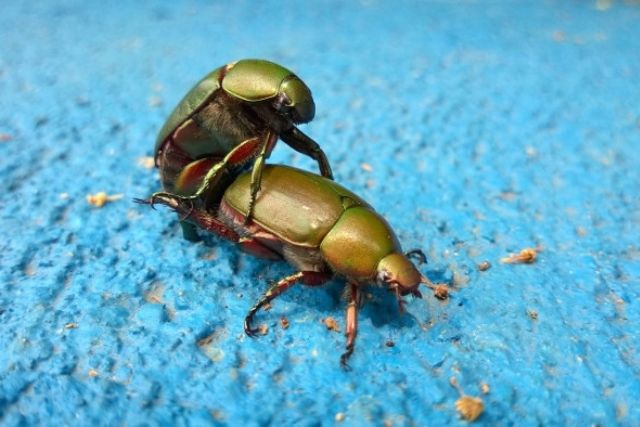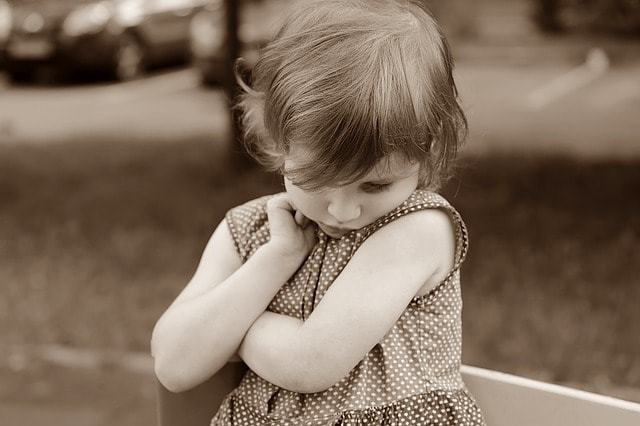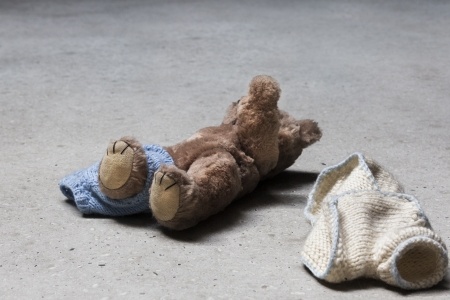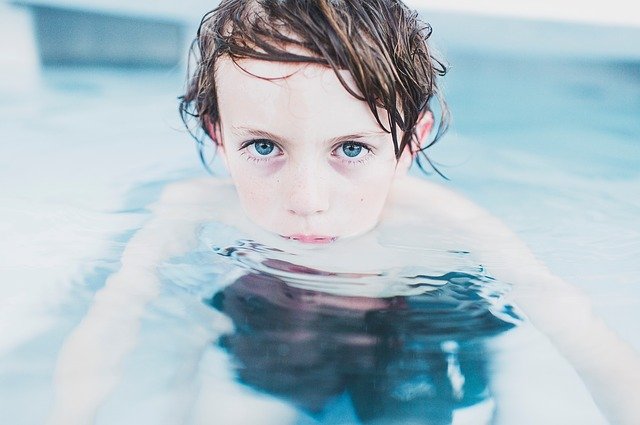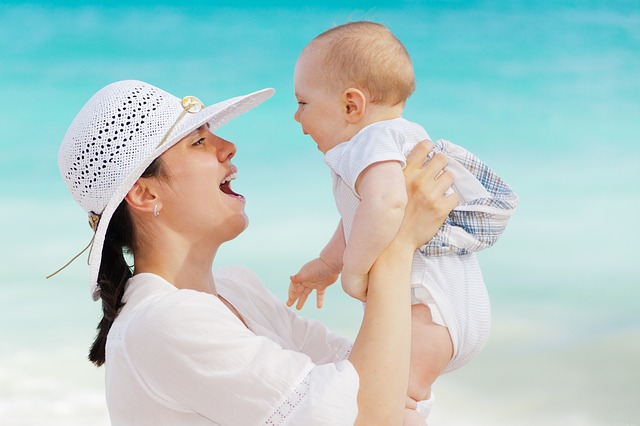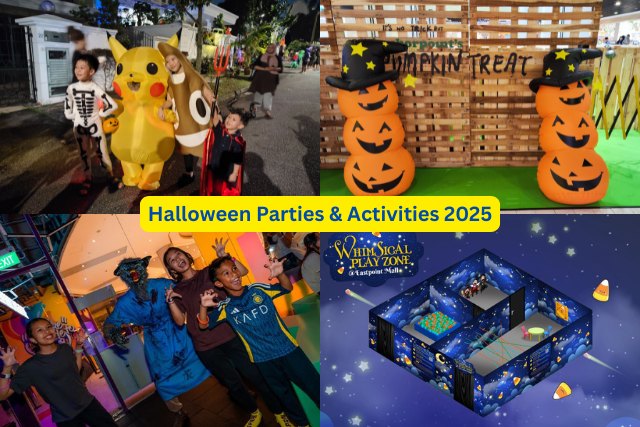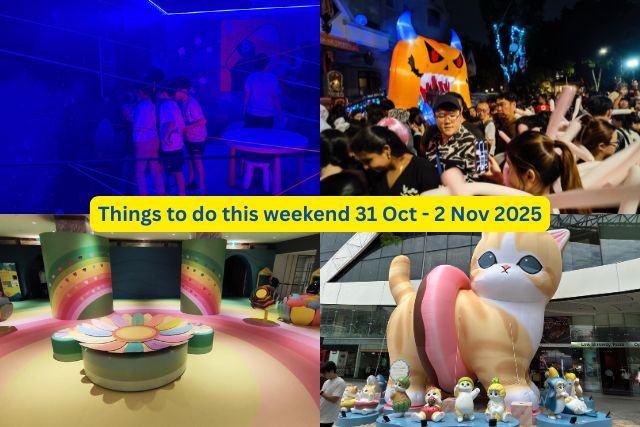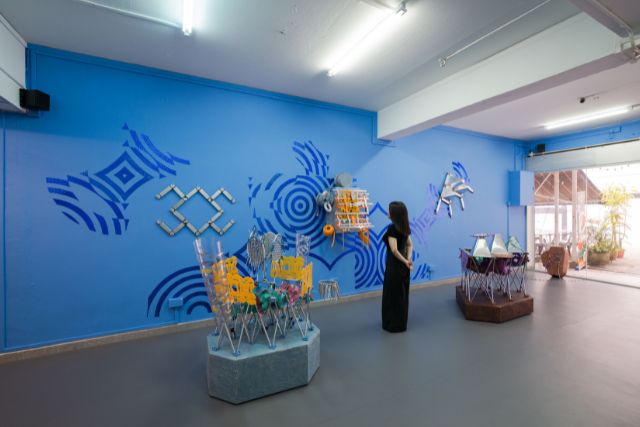Talking to your kids about the birds and the bees may not be your pet topic. In fact, most of us shy away from such conversations, and secretly hope that the school system will cover all the main points on our behalf. But the truth is that young toddlers and preschoolers are already primed to think about these issues these days, thanks largely to the media. It’s not all about external influences though – kids are generally curious beings, and say what they think, so you may find yourself in a potentially awkward conversation a lot sooner than you think!
To answer the question “Where do babies come from?” can seem like a loaded gun, with each answer provoking another, more embarrassing question. Oftentimes, we predict the possible (read: worst-case scenario) responses from our children, and hence avoid the topic or distract their attention, thus missing out on precious opportunities to be our children’s best teacher, and a chance to be vulnerable as a parent.
Starting Young
Parenting author Shumaker gives some helpful tips on how much to say, and when to say it. According to her, starting sex-ed early lets kids know they can always come to you with questions, and gives them accurate information about body parts and babies. Think of it as an early biology lesson. Your child will be getting this information from somewhere or someone – it might as well be you.
Open Up
Setting up such open communication about sexuality early on lays a healthy foundation for a strong relationship when your child hits the teenage years. She says “If a child is old enough to ask, she’s old enough to get an honest answer.” Find out what your child needs to know, and answer just that. Too much information can overwhelm him or her.
Don’t see these talks as one-off events. Rather see them as steps in your child’s journey towards a complete understanding of his or her sexuality, and be ready for appropriate sex-ed talks further down the road. Children will absorb what is meaningful to them at each age, and may need to be told the same information again as they grow older.
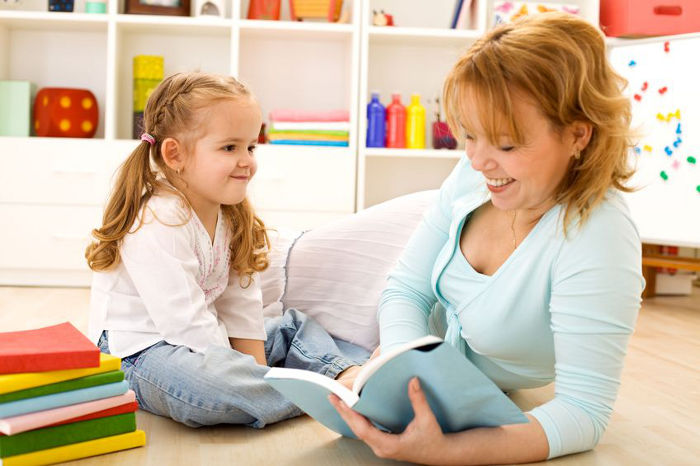
There are definitely benefits to having ‘The Talk’ with your kids while they are very young.
#1 At such a tender age, you can be pretty sure their questions are all in earnest and innocent.
They are not trying to rile you up or make you blush, nor are they acting on a dare from a friend. Treat their interest or question just as you would any other of the many questions they ask in life, such as “Why do we need to eat vegetables?” or “What makes the rainfall?”
#2 Little kids are not as easily embarrassed.
Often, it’s us adults who turn crimson at the mention of S-E-X, and not our curious little critters. They just want to know the facts about life; they’re not actually thinking about having a baby of their own just yet. So calm your frazzled nerves, see their questions for what they really mean, at fact value, and explain life to them in simple, scientific terms.
#3 Help them enter their school-going years equipped to sift through the rumours or half-truths they will hear from their friends or the media.
Arm them with the truth, so that they won’t be tricked or confused along the way by their (often) well-meaning peers. Teach your child which parts are private (what is covered by their swimsuit is a good way of describing it), and go over who can touch them. Let him know what are ‘good’ and ‘bad’ touches, and what to do if he thinks something is wrong.
Here’s the video of parents talking to their kids about the birds and the bees for the first time. We love how authentic and honest some of these kids’ replies were!
Book It
Depending on your personality and your child’s personality, you may want to talk to them directly, draw pictures, watch a video, use a book, or some combination of all these. If you’re looking for a book, ‘How Babies Are Made’ by Andrew C. Andy & Steven Schepp is highly recommended as it delivers the facts of life in a simple, organized and clear manner to your preschooler.
For more book recommendations, head over to our article Where Do Babies Come From? Useful Tips To Help You Talk To Your Child Part 2.
By Dorothea Chow.
* * * * *
Like what you see here? Get parenting tips and stories straight to your inbox! Join our mailing list here.
Want to be heard 👂 and seen 👀 by over 100,000 parents in Singapore? We can help! Leave your contact here and we’ll be in touch.












